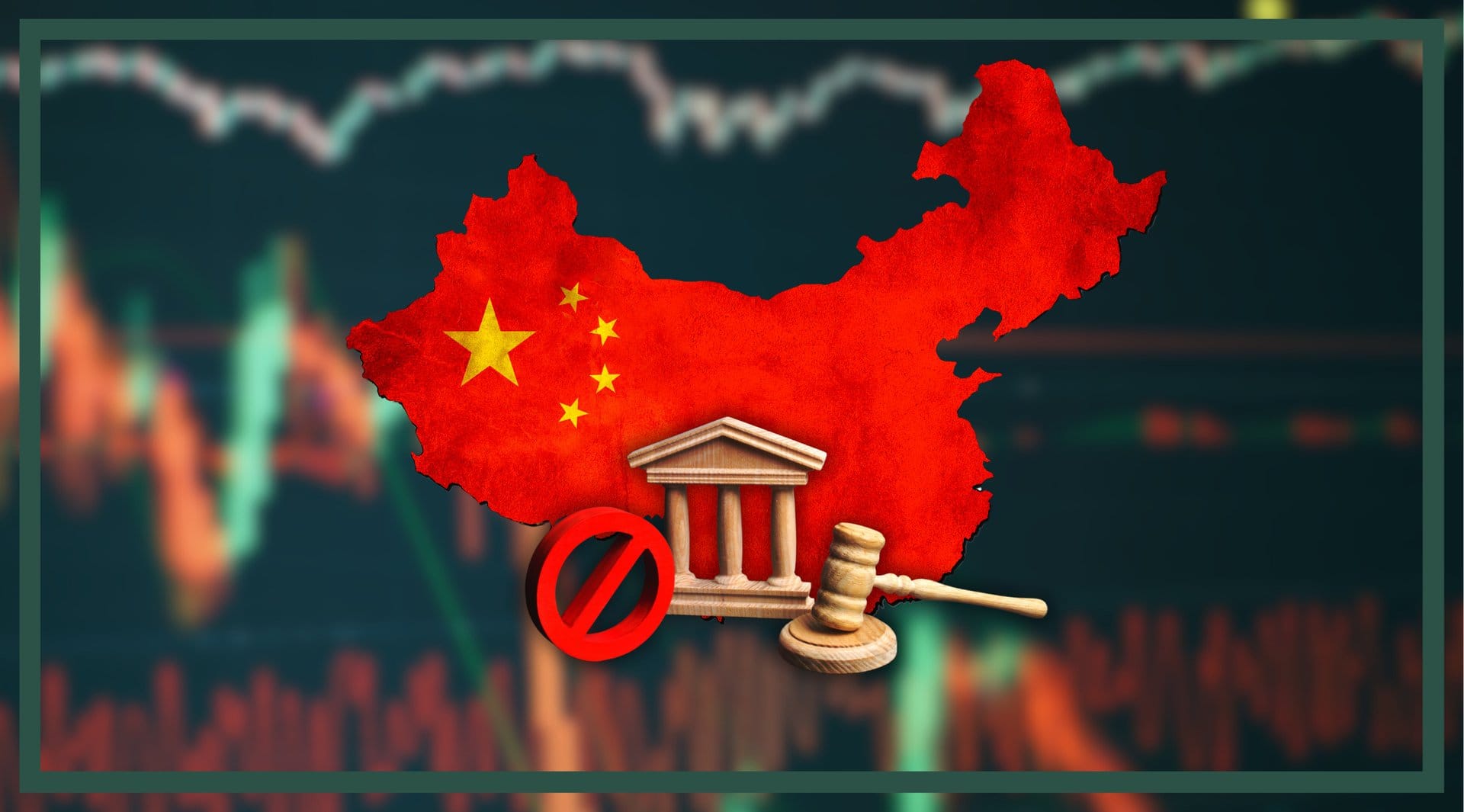The authorities in China have placed restrictions on domestic institutional investors and foreign financial institutions short selling, in a move that experts say could reduce the volume of quantitative trading on Chinese markets.
Chinese markets have experienced declines this year as foreign investors express concerns over China’s sluggish post-Covid recovery, geopolitical tensions between East and West, and an ongoing real estate crisis. As a result, since peaking in 2021, more than $6 trillion in value has been wiped from stock markets in Hong Kong. In January, China’s benchmark CSI 300 Index dropped to a five-year low. The Hang Seng has shed almost 10% of its value over the last six months.
China’s stock market rout is a a symptom of the strains President Xi Jinping must manage as he rolls out a plan to revamp China’s growth model https://t.co/AAd7MMVGE9
— Bloomberg (@business) February 23, 2024
The financial regulator in China has blamed these declines on “malicious short selling,” with the China Securities Regulatory Commission saying that it would act quickly to stop allegedly illegal behaviour that they see as destabilising financial markets.
While some figures in China believe this to be a necessary step to prop up falling asset prices, this could complicate Beijing’s attempts to encourage the developments of its quantitative trading industry. Beijing, Shanghai, and Hong Kong have all sought to incentivise quant traders to set up in their cities as part of a broader strategy to make China a stronger player on global financial markets.
However, the ability to “short sell” stocks – a strategy which involves a trader betting that a share price will fall – is a vital part of a quant trader’s arsenal. Not only does this allow traders to make profits, short selling also has wider market benefits, such as facilitating efficient price discovery and improving liquidity.
Yu Quan, Senior Quantitative Trader at SYG Technologies in Shanghai, told Disruption Banking that the regulator’s move was a necessary one but fears that this could lead to less quant trading in China.
“The sudden meltdown of Chinese equities was mainly caused by a fire-sale conducted by local quant funds. The poor and immature risk management of quant funds had huge negative impacts in the view of public and regulatory agencies,” Yu said.
“Furthermore, one of the biggest local quant funds, Wizard Quant, rebalanced its book without setting a rate limit and not taking into account the liquidity conditions on equity markets. This is similar to what Citi once did on European government bond markets – a very unprofessional form of behaviour.”
Chinese authorities toughen quant trading rules in bid to prop up stock market https://t.co/42g1ZpZtTh
— Financial Times (@FT) February 21, 2024
Given this poor behaviour, Yu thinks that the Chinese regulator was left with no choice but to impose short-selling restrictions. “The unprofessional and immature behaviour of young quant funds inevitably led to the local regulator limiting quant trading,” he noted.
As Yu suggested, this is perhaps a reflection of the fact that the quant industry in China remains at a nascent stage of development. Huitong Li, a quant trader in Beijing who has previously worked with Morgan Stanley, previously told Disruption Banking that “the number of people involved in quant trading in Beijing [and China] is increasing, but the scale is far from the level of Western countries and Hong Kong.” Regulators, hedge funds, brokerages, and individual traders are all still getting to grips with what quant trading in China entails and how best to mitigate the risks.
In the short-term, however, Yu believes that more regulations ahead could tame an industry which has, in his eyes and those of regulators, demonstrated its immaturity.
“I guess more restrictions will come, and these tightening policies will likely reduce quant trading and market liquidity. More regulatory restrictions will bring further operational costs too. The regulator may also limit the maximum assets under management (AUM) that local quant funds can possess,” Yu predicted.
Whether these measures could stifle the growth of the emerging quant industry remains to be seen.
Author: Harry Clynch
#China #Asia #Quants #Traders #QuantitativeTrading














